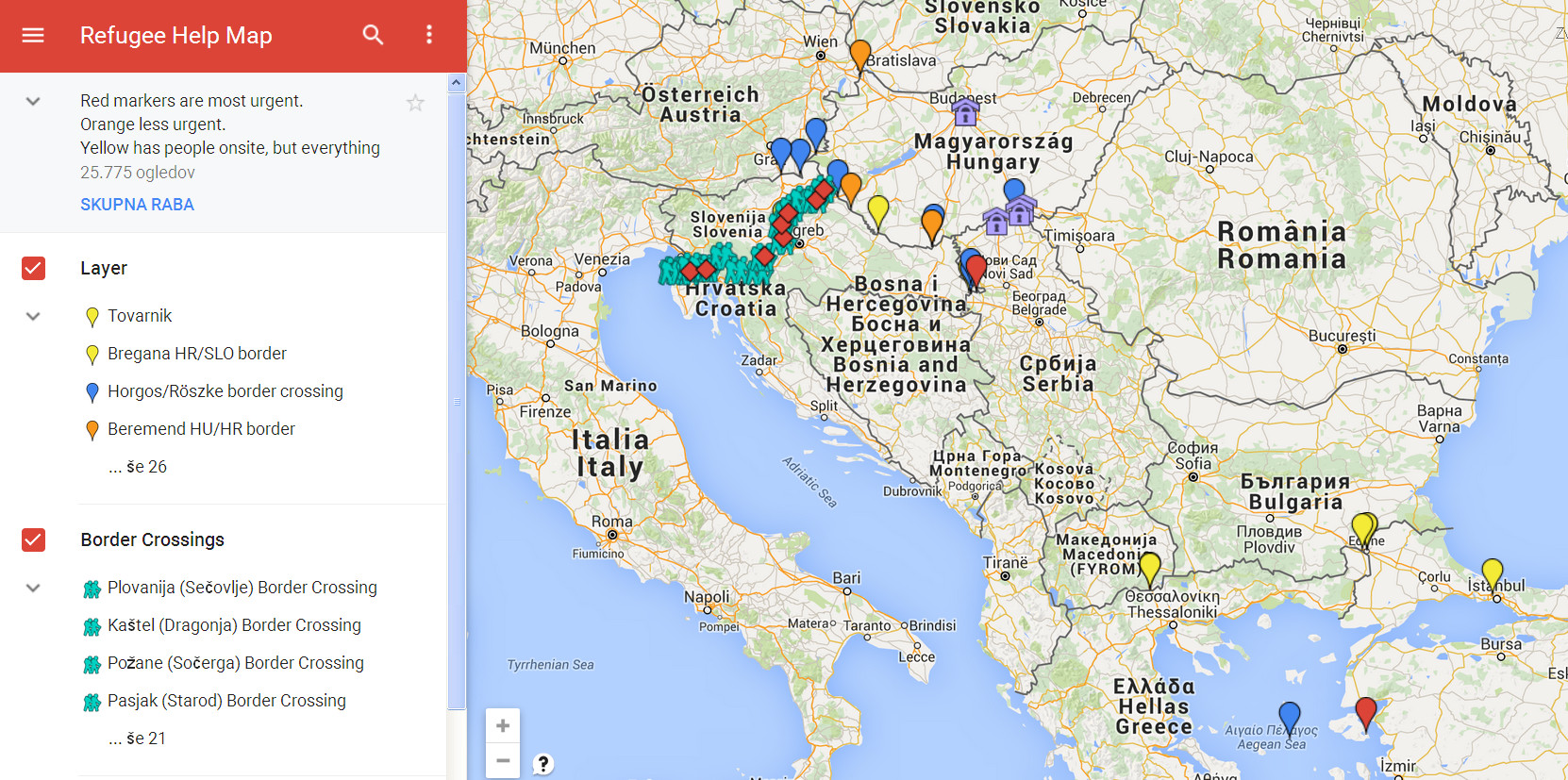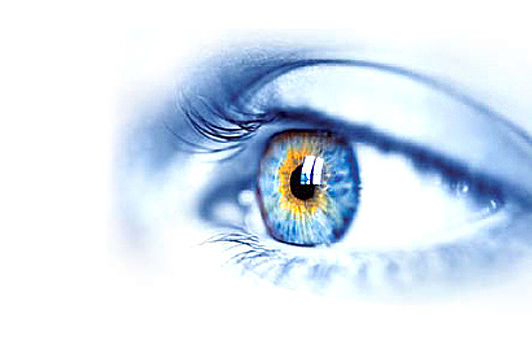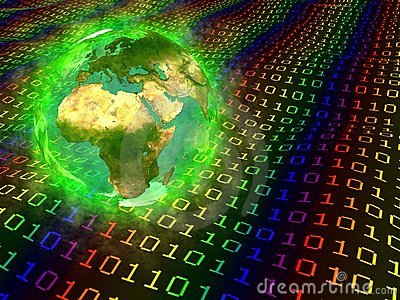I was asked by a friend working on a thesis on EU diplomacy to share some insights on the digital potential of the recently established European External Action Service (EEAS). These are a few ideas I have been toying with and which I hope will be of use not only for my friend’s research but possibly also for EEAS colleagues.
Soft power diplomacy or no power diplomacy?
The European Union is sitting on a goldmine of soft power attributes, but it is barely using them for want of a consistent and strong international presence.
Just think about it:
- The EU is the world’s largest trade block and donor of humanitarian and development assistance, and thus has an extensive network of delegations around the world mainly operating in the framework of its external relations policy.
- The EU also represents shared political and security viewpoints held by its member states, as articulated in the common security and defence policy.
- Finally, the EU shares strong values in the fields of democracy and personal freedom, values it is ready to defend and claim at international political gatherings (the latest example being the UN General Assembly).
However, because of the lack of political will to create a strong « EU diplomacy » brand, the EEAS and the EU delegations often do not manage to reap the benefits of the EU’s unique position in the world.
Why not create a Twitter feed called @eu_diplomacy that would overcome the problems of personification of the EU (who represents the EU today, Mr van Rompuy, Ms Catherine Ashton or Mr Barroso? – sometimes all three show up at international events) and provide factual, documented information on the European Union’s diplomatic efforts? This feed would be much easier to follow for national and international diplomatic and foreign affairs services and serve as a central repository for all EU diplomatic efforts, even those which today do not officially fall within the scope of the EEAS (think development policy for example).
It is telling that when you search Google for « EU diplomacy », you do not find any reference of the expression on the EEAS’ own website, apart from an obscure EU Green Diplomacy network as the screenshop below illustrates.
Increased digital presence for better outreach and service
There are four areas where European diplomacy could leverage the power of Internet and social networks in the short term to medium term:
- citizen outreach
- consular services
- EU community building abroad
- crisis communications
Citizen outreach
EU delegations (in non-EU countries) and EU representations (in EU countries) should be much more open to interaction with local populations to answer their questions about the EU, with a focus on practical questions about travelling across the EU, working and studying in the EU.
This could be done through the official website of each delegation / representation, but even better through the official Facebook page or through a blog. Interactive FAQs and forum features should be standard features in the future online presence of these delegations / representations. Potential language issues should be resolved by always picking the language of the country first, with the possibility to add one or two official EU languages if relevant.
Consular services
Since 2002, every EU citizen is entitled to help from any other EU Member State’s embassy / consulate, under the same conditions as their nationals. This extended consular protection is not known by many Europeans. This information should be used to better convey the idea that the EU is developing innovative approaches to consular protection and visa policies (since 2010, there is a common visa policy).
Reaching out to these travellers on relevant online travel communities (Tripadvisor, Lonely Planet) could be an original and efffective way to sell the EU to these audiences and demonstrate its concrete benefits.
EU community building abroad
The reality of expatriation is that birds of a feather flock together, and this holds true for Europeans abroad. EU delegations / representations should facilitate and encourage the social life of Europeans by creating online communities for them to interact and share, via Facebook pages or dedicated social networking platforms such as Ning or Yammer.
Eventually, if regularly fed with interesting, shareable and relevant information, these expatriates will become brand ambassadors for the EU in their guest country, acting as multipliers for the diplomatic efforts engaged by the EEAS and other EU institutions.
Crisis communications
The earthquake and nuclear catastrophe that befell Japan in Spring of this year and the more recent natural disasters faced by Americans on the East Coast demonstrated again the power of social networks for gathering and sharing crisis-related information.
The EEAS, through its delegations / representations, could also act as an aggregator of crisis-related information in the wake or aftermath of major crises, making sure that EU citizen are properly informed, in particular for those who do not have a national representation in their country of residence and who struggle with understanding the safety instructions provided in a language they do not master.
Email notification systems, via e-mail, SMS or social networks, can be used to send out information on a very short notice and to keep track of . Facebook pages and blogs will relay safety instructions and practical information to cope with a crisis and take appropriate action. The formidable translation machine of the EU institutions could benefit those who need it most, in countries where access to information in their own language is scarce or absent.
___
In conclusion, EU diplomacy has its core diplomatic role to play, in which digital plays a minor part (for the moment). There is however another key role it is not currently taking on, building on its soft powers to generate brand awareness and recognition. This role is that of a provider of concrete useful services to EU and non-EU citizens within the context of the powers it has been entrusted with. Let’s call it « social diplomacy » for want of a better term.










